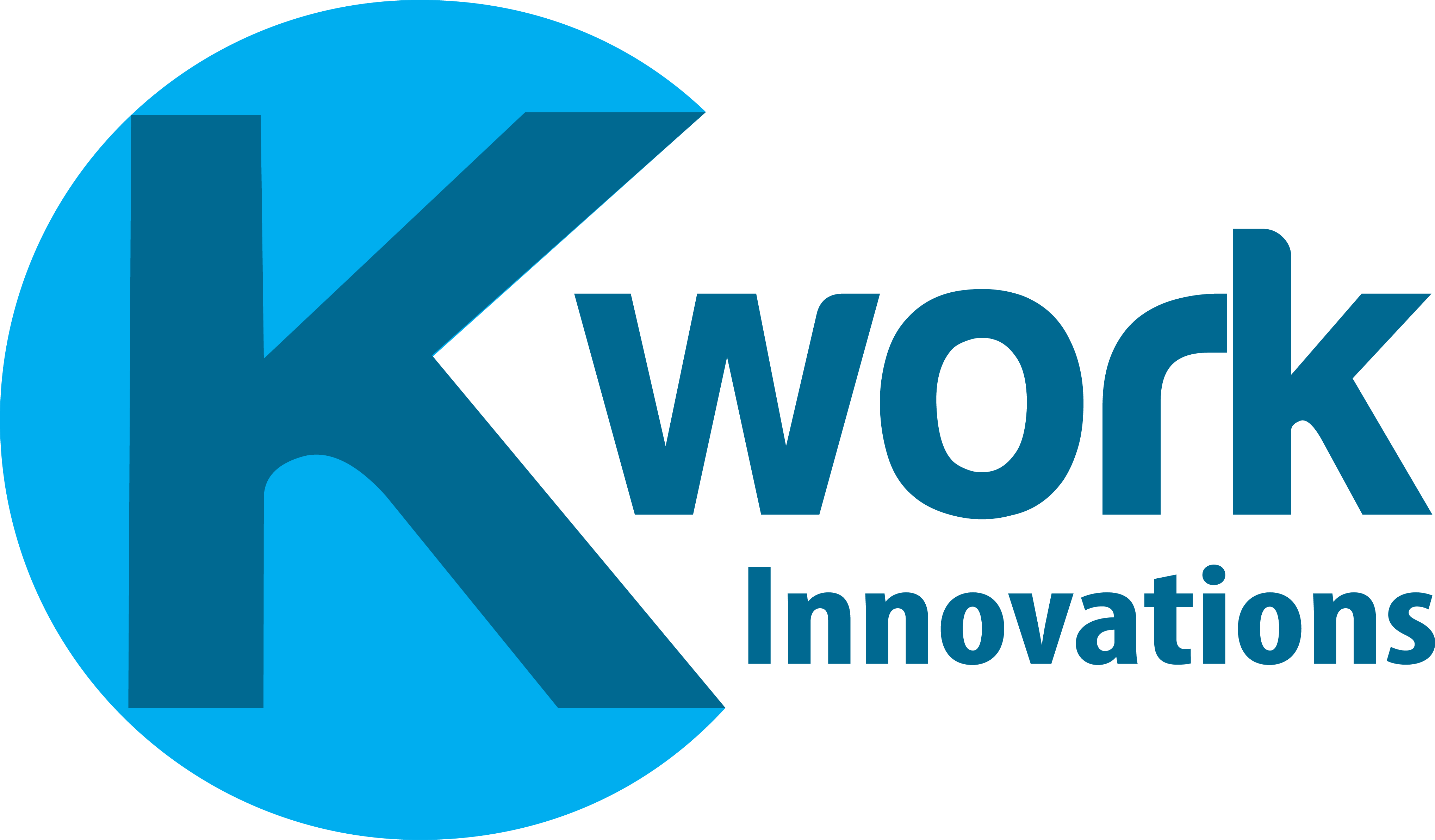The landscape of business marketing has drastically shifted over the years. Up until the rise of the internet, and sometime well into the internet age, traditional forms of advertising have always been king. Newspapers, magazines, and television and radio ads were once considered as the prime spots for marketing businesses. However, with the rise of the internet, came the introduction of newer, broader, cheaper channels and the landscape suddenly shifted.
Along with the rise of the internet came content marketing – a marketing strategy focusing on education rather a series of sales pitches. As people become more technology-savvy, the way people consume information has drastically changed and the dynamics between their interactions with brands have shifted along with it. Now, many people believe that traditional marketing is dead, and content marketing has taken its place atop the majestic business marketing throne.
Content Marketing Defined
Content marketing is an alternative approach to marketing as it does away traditional pitches in favor of a more strategic approach – the creation and distribution of valuable, relevant, and consistent content. It aims to attract prospective customers and convert them into paying customers and into repeat buyers after that.
It focuses on the sharing of educational, entertaining, or insightful information towards readers geared towards helping them improve their lives, which could ultimately help drive profit back to the business.
Because the main goal of content marketing is to drive more business through the education of the users, the process of content marketing is relatively slow and requires long-term commitment. It entails building strong relationships with your audience. Doing this requires high-quality content that is not only engaging, but is also highly-relatable and relevant to them, on a consistent basis.

The “Content” in Content Marketing
The content shared by businesses in their content marketing efforts is closely related to the type of service offered or the product being sold and can be delivered through a variety of different media. Virtually any piece of media that can be found and delivered through the internet can be considered as digital content. These can be categorized into four main categories, namely:
- Pages – any text-based media as part of a website that aim to provide information to audiences. These can be in the form of a blog, news and informative articles, lists, advertising content, and landing pages.
- Publications – any text-based media compiled into a single document that contain high-level information and provide top-level expertise on a subject matter. These can include eBooks, white papers, manuals, guides, case studies, reports, and press releases.
- Graphics – visual media that aim to enhance the user experience and make information be easier to digest than plain text. These can include images, motion graphics (GIFs), infographics, graphs, charts, and animations.
- Videos – visual media accompanied by auditory channels aimed at providing entertainment or improve the digestibility of information. These can be in the form of commercials, how-to videos, explainer videos, video clips, and social media videos.
Content Marketing Channels
The creation of content is the first step in content marketing. Created content is unusable without channels where they can be housed or delivered. That is why channels where they can be delivered are necessary so that they can be distributed to the appropriate audience.
The identification of a proper channel is crucial in order for the piece of content to reach its intended audience. As such, it requires plenty of experimentation, technical expertise, and financial management to ensure the success of a content marketing strategy.
The entirety of content marketing can be distilled into the idea that it is a collection of approaches for the proper distribution of content. Each marketer differs in their approach, depending on their style and expertise. Available channels most used by marketers include:
- Websites – the most basic and obvious choice for housing content should be the owner’s or client’s website because this is where traffic – direct and organic search – is diverted. It is the hub that prospects go to and get to know about the business.
- Social Media – social media networks are where active interactions take place. Depending on the nature of the business and the intended audience, the social network used for content distribution will also differ.
- Email – content can be delivered via email to email subscribers. These can be in the form of weekly newsletters, which can be automated using email automation tools.
- Influencers – people that have gained much influence in the industry can use their own influence to leverage other people’s content through their social feed streams. They can act as brand ambassadors to greatly improve a brand’s reach.
- Syndication – other platforms like third-party websites allow the usage of their website as a platform for introducing content to their user base, which can be used for link-building and improve SEO.
- Video-sharing Platforms – videos can be hosted on YouTube and other video-sharing platforms, not only to provide an easier way to embed the videos on the website, but also to provide more opportunities for video content to be discovered using the large user base the site already has.
- Content Distribution Platforms – paid platforms that employ a pay-per-click approach can be used to present content to audiences. They can see content through sponsored links on other websites. Every click on the link will cost money, but the amount of traffic obtained using these channels are undeniable.

Content Marketing is the Future of Marketing
In the age of the internet, the use of traditional channels for business marketing has declined considerably. Tech-savvy marketers know that other methods of marketing should be explored – methods that take advantage of the migration of user interest from the traditional channels to the internet. Content marketing delivers that need and offers the best alternative.
Not only does content marketing enable businesses to have a wider reach, they also cost considerably lower than traditional advertising. It is the future of marketing. The dynamics of customer-brand interactions are changing and have become more user-centered. That is why it is also important to always keep the user in mind when creating content in order to attract more prospects and ultimately convert those prospects into paying customers.

